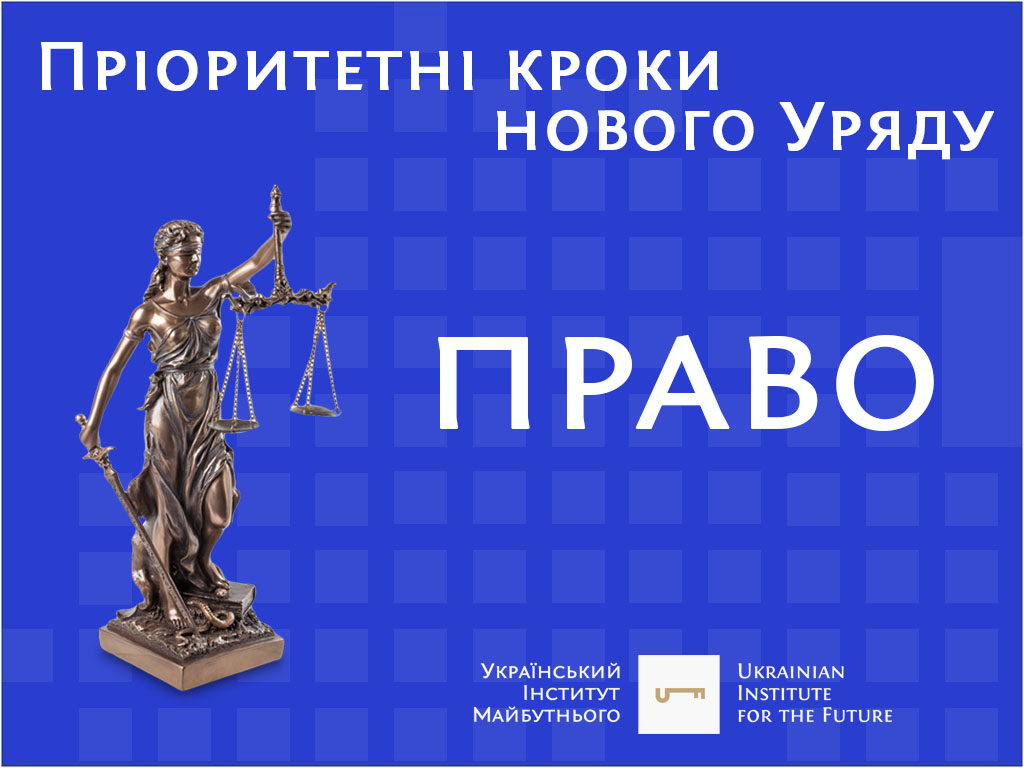Six legal tasks for the new government.
In among the priority legal tasks for the next three months of 2019, that the government should implement, there are both large-scale and adjustment steps.
The first. While working on the digitalization of public services, it is worth paying attention to our international agreements. In particular, pay attention to the terms of agreements on the elimination of double taxation, intergovernmental agreements on legal assistance and the like.
The second. It is important to lay the foundation for a real simplification of the tax and accounting system.
The third (but not less important) — the development of a program of real de-monopolization of the economy.
The fourth. As the experience of developing countries shows, real state support for small and medium-sized businesses (on transparent and equal terms) can bring very serious positive results in the near future.
The fifth. There is a need to make real steps towards the solution of the generic issue of illegal natural resources extraction.
The sixth and the last, but perhaps the most important. This is the issue of veterans of the war with Russia and their families. It is suggested to grant the right to submit documents for obtaining this status not only to the military or its commander (who, as practice shows, often does not do this), but also to members of the military manʼs family — because this status of a war veteran has a direct impact on their rights.
Oleksandr Chebanenko, the expert on the law enforcement and judicial systems reform programme of the UIF
First published: NV


Вам також буде цікаво:
What is wrong with Ukrzaliznytsya? Procurement
THE MEDIA: OPERATION “DEOLIGARCHIZATION”
How will the bill “On inland waterway transport” affect the economy of Ukraine and the agrarians
IS EVERYTHING SO GOOD WITH BREXIT?
New special economic territories will provide 1% additional GDP growth annually
NEW CHINA`S SILK ROUTE: WHERE IS UKRAINE? STRATEGY 2030